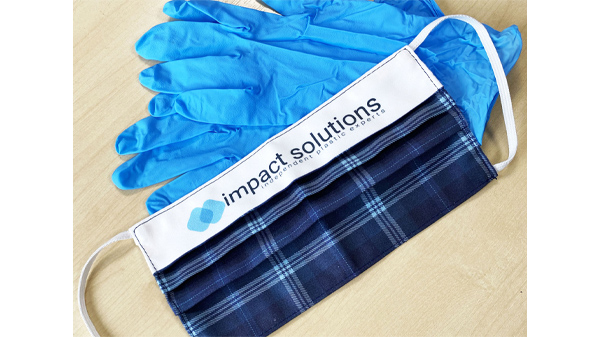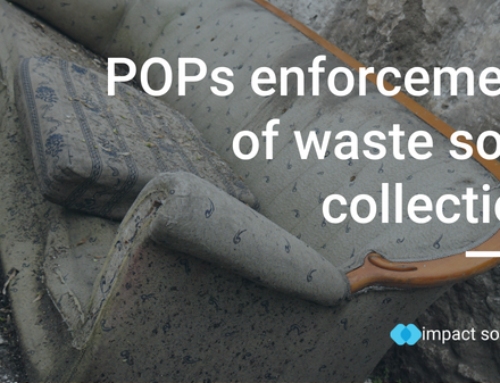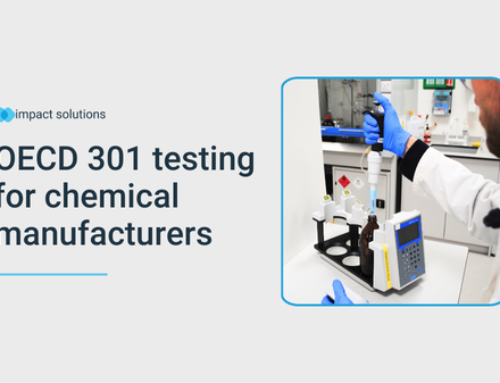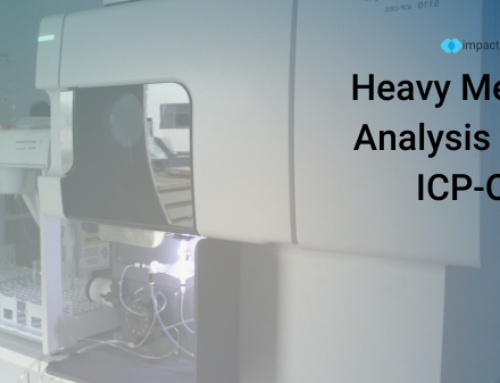There has been a war against plastic going on for many years, encouraging consumers to be more conscious of their plastic usage. There have been many efforts to discourage consumers from using single use plastic, such as plastic drink bottles, with the newest issue being plastic PPE. Not all of these efforts have a lesser impact on the environment.
During the recent pandemic, there has been a surge of single use plastic, most commonly, plastic PPE, such as; protective masks, gloves and sanitizer bottles have increased. These have been produced to help keep the public safe from harm, as plastic is the most optimal material for medical PPE, due to its chemical resistance, resistance to gases and much more. We’ve written a more in-depth article on this subject which can be read here.
Even in such grievous times, we must be aware of how we dispose of our items, to ensure that they are being taken to the correct places for specific methods of disposal. As there have been other changes to our overall ecosystem (fewer bin collections, etc.) the public have been more likely to throw away their products, rather than look for the correct disposal methods.
Disposal is the main concern for the mandatory PPE we all must wear. We cannot stop using the plastic PPE that we need, as it is lifesaving and an integral part of keeping everyone around us safe. What we can do is make sure that we are following proper disposal methods and not dumping our PPE elsewhere. Plastic pollution is preventable, but only if preventable measures are taken. Opting for reusable masks over disposable ones is one step that can be taken to help the rise in waste pollution caused by PPE.
While companies that sell or specialize in plastic manufacturing and testing are here to ensure that the public is safe, disposal is the responsibility of the consumer. Impact is able to carry out testing on these materials. If you require any advice on PPE product testing, then get in touch with our experts.
Be sure to also head to our Facebook, Twitter, and LinkedIn to learn more about our testing capabilities.





